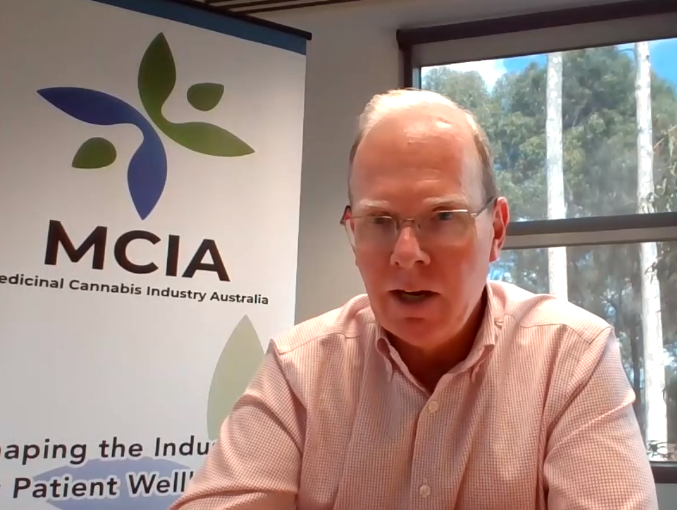The medicinal cannabis industry’s two trade associations have told the sector it needs to put its own house in order when it comes to regulatory compliance or risk alienating stakeholders and incurring the wrath of the Therapeutic Goods Administration (TGA).
The call comes amid fears of an advertising ‘wild west’ where companies play fast and loose with the rules in a bid to get a competitive advantage while the TGA struggles to keep up.
Writing exclusively for Cannabiz, Mills Oakley partner and Australian Medicinal Cannabis Association (AMCA) co-founder Dr Teresa Nicoletti said one of the challenges her legal practice faces is that companies it represents “often question our advice when they see others operating in a more liberal or overtly unlawful way”.

She said the blasé attitude of a few can foster a “culture of non-compliance” among competitors who feel “disadvantaged by the uneven playing field and perceive that a disregard of the advertising regime is not a serious concern”.
“The apparent lack of any serious sanctions for quite obvious and egregious non-compliance does not help,” Nicoletti added.
Meanwhile, also writing exclusively for Cannabiz, Medicinal Cannabis Industry Australia (MCIA) chair Peter Crock warned it was critical that the industry builds and maintains trust with its stakeholders – growers, manufacturers, doctors, pharmacists, patients and regulators.
He said: “The industry needs to demonstrate a culture of doing things the right way, ethically, with integrity, and in full compliance with the law. This will continue to build the trust and confidence of all the communities with which MCIA members engage.”
Nicoletti called out a number of areas where companies are allegedly playing fast and loose with the rules, including online services that subvert the doctor-patient relationship, advertising of medicinal cannabis services on street frontages, promotion masked as education and claims that a company is different or better than others in the industry.
She said Mills Oakley will continue to legally support AMCA in calling out conduct that disregards advertising laws in favour of “commercial priorities”.

However, she said while AMCA has received criticism for condemning this type of conduct, “it is comforting that most strongly support its stance and believe that associations should not be afraid to call out members and non-members who flagrantly breach the rules”.
MCIA’s Crock cited an example of a company’s website which features a pop-up advising patients they can access low-dose CBD, and the four key eligibility criteria – including that they don’t want to wait to see a doctor.
He asked: “Is it legal? Maybe, but would you see other medicines prescribed by doctors in this way?”
In 2019, MCIA engaged Australian science technology company Source Certain to help draft the association’s code of conduct, drawing on their experience in supply chain integrity.
Managing director Cameron Scadding warned: “It is important that all stakeholders recognise that trust is hard earned and that collectively we need to hold each other to account to ensure we don’t misstep. The behaviour of a few can unravel the hard work done to date.”
He added: “There is little doubt that some of the business models that have been developed challenge the integrity of the sector. Especially those that treat patients more as consumers – they may be technically compliant, but they walk a pretty fine line.”

However, founder of cannabis creative agency High on Hemp, Tegan Scates, said the TGA and industry associations should concentrate their fire on the illegal market.
She told Cannabiz: “While legal cannabis companies’ educational efforts are being put under the microscope, unregulated operators are heavily targeting potential patients with misinformation and products – with little to no consequences.
“They are not being held accountable for their actions even though many of them are operating in plain sight.”
Scates said the legal industry has been left “voiceless” by the TGA’s strict advertising guidelines, which the unregulated market is ultimately cashing in on.
“The TGA’s resources need to be utilised to fight the real wild west we are witnessing, not wasted on internal competitive industry pettiness,” she added.
- Should the industry be doing more to police itself? Have your say in the comment thread below, or email martin@cannabiz.com.au.

